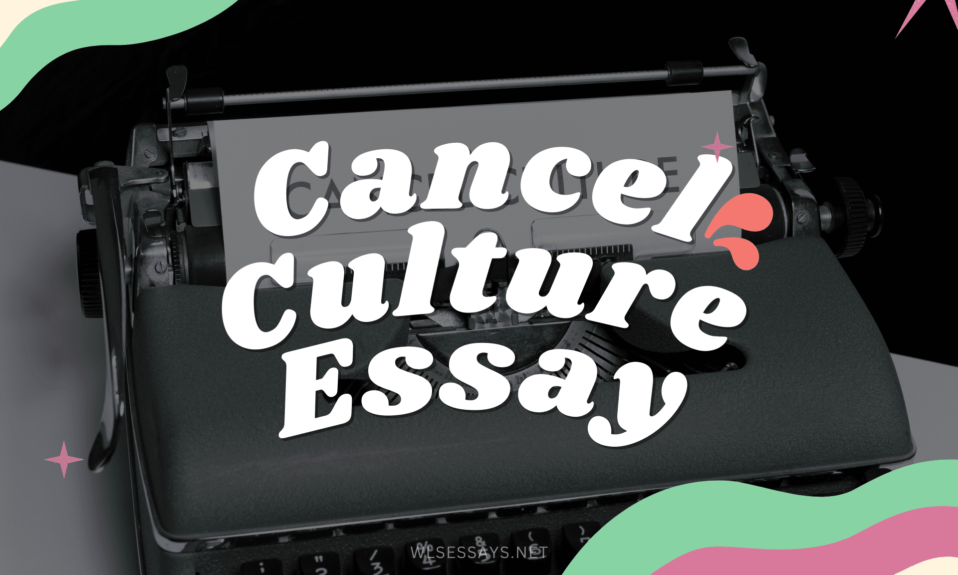This subject-centered curriculum seeks to establish a plan for teaching subjects for grade 3 to grade 5 students. The project will consider the educators individual characteristics, students cultural background, student-teacher interactions, and technology application (Button, 2021). Notably, the plan can be customized for k-2 students by ensuring the content is age-appropriate while the instructional strategies are engaging (Sanders et al., 2020). This includes learning through hands-on experiences using small group work and games. Nevertheless, this project will have two major aims: to promote curiosity among the learners and promote understanding. The first aim will be accomplished through two core goals as shown in the figure below.
The first goal will be to ignite the students’ interest in a particular subject. The plan will achieve this through three objectives:
- Develop engaging introductory lessons using real-world examples. The instructor will incorporate real-world examples to make learning more relatable. This approach not will only establish the relevance of the subject in everyday life but also stimulate students’ curiosity
- Incorporate hands-on experiments to stimulate curiosity. The curriculum will go beyond theoretical understanding to provide tangible experiences that engage students on a sensory level. This not only makes learning enjoyable by allowing students to explore, question, and discover subject-related principles through firsthand experiences (National Council for Curriculum and Assessment, n.d.).
- Integrate multimedia resources for diverse learning styles. This ensures that the curriculum caters to various ways students absorb information. Visual aids, videos, and interactive elements provide dynamic learning opportunities, accommodating different preferences.
The second goal will be to cultivate critical thinking skills. The educator will accomplish this through three objectives:
- Design activities that encourage questioning. This will not only deepen the students’ understanding of subject-related principles but also lays the groundwork for developing analytical thinking. As such, the lessons will prepare them for essential problem-solving in various aspects of life.
- Implement problem-solving scenarios to enhance analytical skills. The educator will cultivate their ability to analyze, evaluate, and apply knowledge in practical situations. This objective ensures that learners develop the cognitive skills necessary to tackle real-world problems.
- Promote peer collaboration through group projects. Subsequently, students will develop interpersonal capacities, learn from one another, and gain exposure to diverse perspectives. This objective promotes a cooperative learning environment where students build social competencies.
The second core aim of this plan will be to promote understanding and application. This will also be achieved through two core goals:
The first will be build a strong foundation in subject-related concepts. The plan will achieve this through three objectives:
- Develop a sequential curriculum aligning with grade-level standards. This goal establishes a clear path for students to progress through subject-related concepts as a structured framework that aligns with educational standards. This will facilitate effective teaching and ensure that students acquire a solid foundation.
- Use relatable examples to explain complex subject-related concepts. This approach bridges the students’ gap between abstract theories and practical understanding, making it easier for them to learn and retain information.
- Assess individual learning needs through differentiated instruction. As such, the curriculum ensures that every student receives personalized support. This promotes inclusivity by creating an environment where each student can thrive.
The second goal for the second aim will be to encourage the application of knowledge. The plan will accomplish this through three objectives:
- Integrate real-world applications of subject-related principles in lessons. This approach not only enhances students’ appreciation for the subject but also cultivates a mindset geared towards applying acquired knowledge (National Council for Curriculum and Assessment, n.d.).
- Facilitate hands-on projects to apply theoretical knowledge. This goal promotes active participation where they turn abstract theories into tangible outcomes. The activities will offer a holistic learning experience that encourages students to explore, experiment, and innovate.
- Assess application skills through practical assessments. This objective reinforces the goal of encouraging the application of knowledge, emphasizing its importance in preparing students for future academic and professional challenges
References
Button, L.J. (2021). Curriculum essentials: A journey. Simple Book Publishing
Sanders, J., Ikpeze, C. H., Tracy, K. N., Smetana, L., Myers, J., Scales, R. Q., & Grisham, D. L. (2020). A curriculum model for K-12 writing teacher education. Research in the Teaching of English, 54(4).










